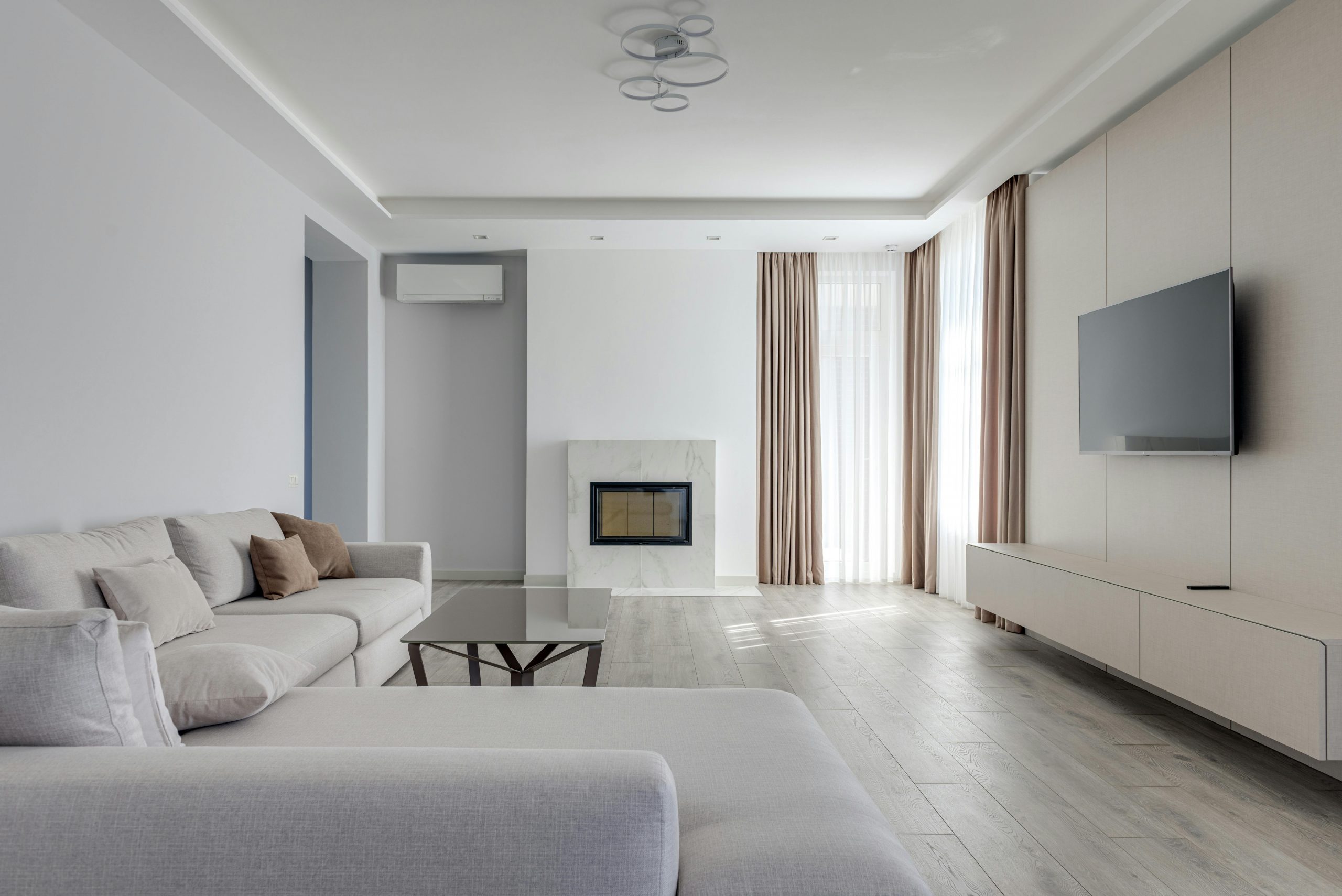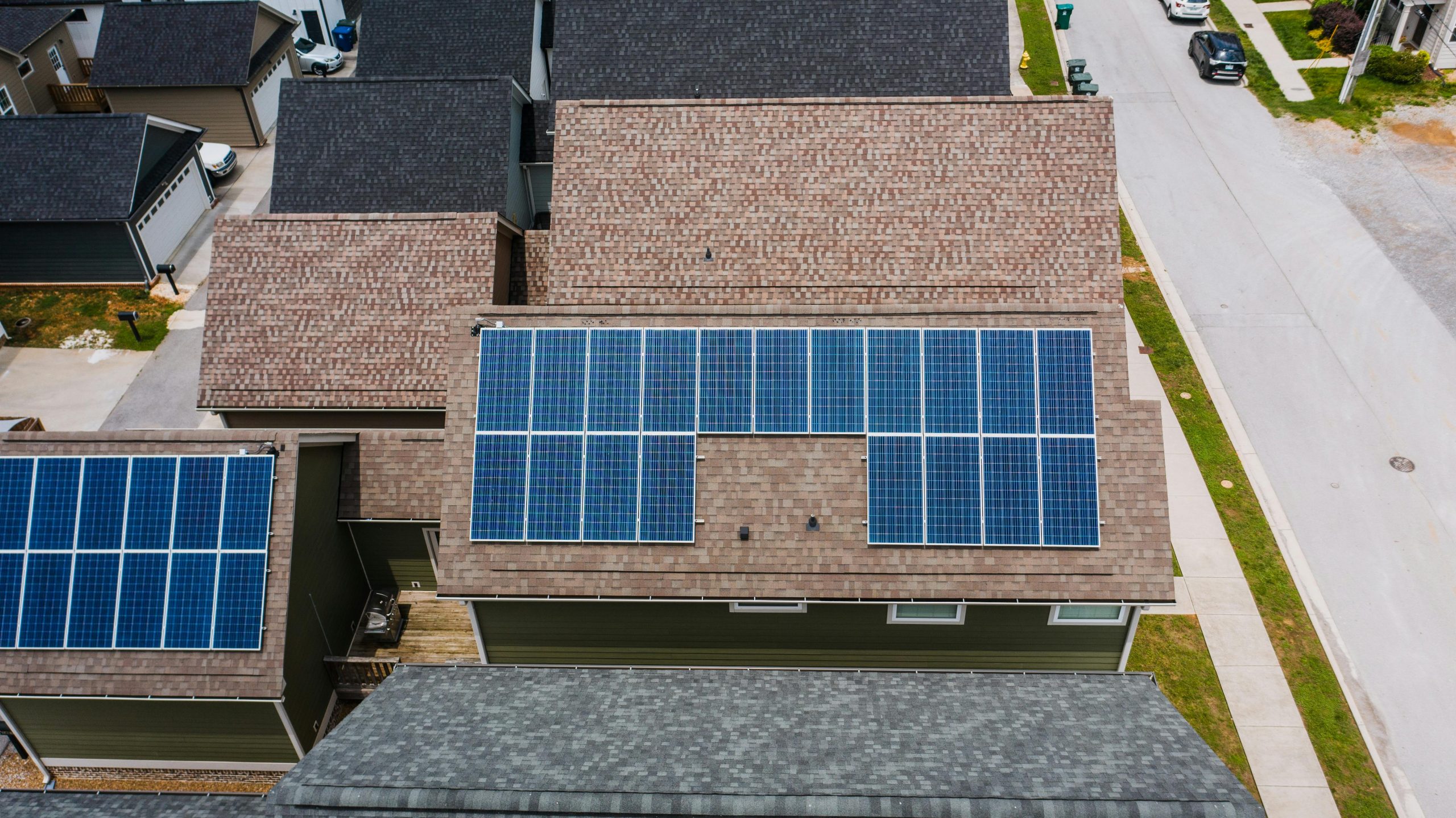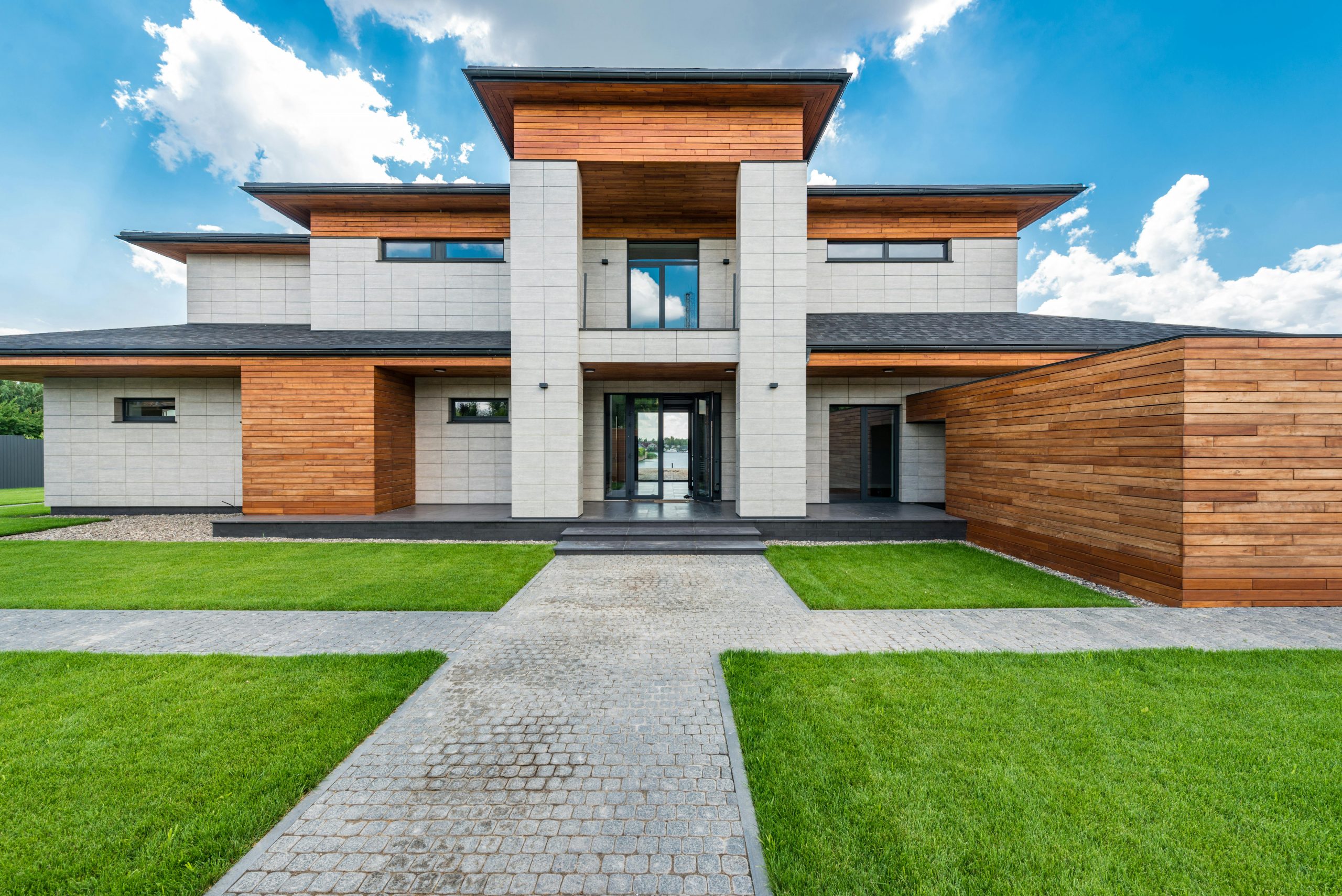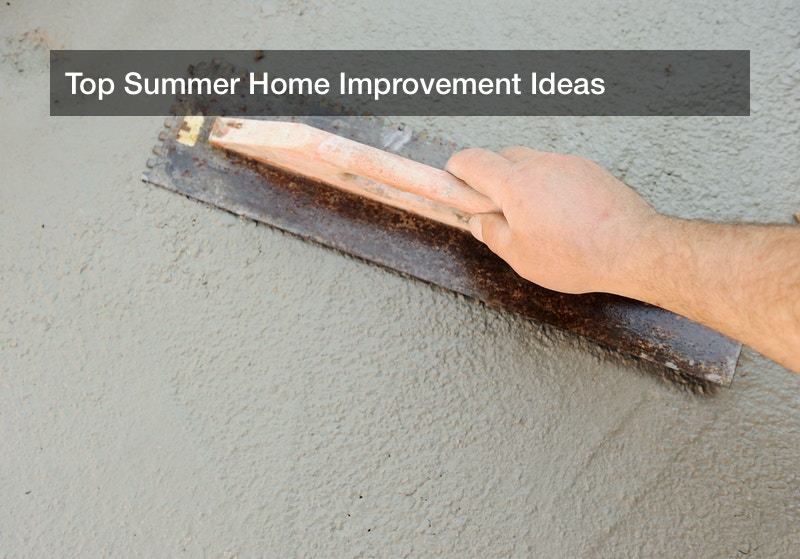
- Smart thermostats optimize heating and cooling for energy savings and comfort.
- Energy-efficient appliances reduce electricity and water usage, saving resources.
- Proper insulation and sealing prevent energy loss and maintain indoor comfort.
- Solar power offers clean energy alternatives with potential cost savings.
- Smart lighting solutions minimize energy waste through efficient controls and LED technology.
In an era where sustainability is paramount, energy efficiency has become a crucial consideration for homeowners. Not only does it help reduce carbon footprint, but it also translates into significant cost savings in the long run. Modern homes, with their sleek designs and advanced technologies, have the potential to be exceptionally energy-efficient. However, achieving optimal energy efficiency requires a combination of mindful choices and smart investments. Here are five actionable tips for ensuring your modern home is as energy-efficient as possible.
1. Invest in Smart Thermostats
Smart thermostats are a cornerstone of energy-efficient homes, offering precise control over heating and cooling systems. These devices learn your behavior patterns and adjust temperature settings accordingly, optimizing energy usage without sacrificing comfort. Additionally, you can control many smart thermostats via smartphone apps, allowing you to adjust settings even when you’re away from home. By investing in a smart thermostat, you can significantly reduce your heating and cooling costs while minimizing energy wastage.
Programmable Settings for Optimal Efficiency
Ensure your smart thermostat is programmed to cooler temperatures when you’re outside the home, such as during work hours or at night. This simple adjustment can lead to substantial energy savings over time.
Integration with Other Smart Devices
Integrate your thermostat with smart devices in your home like smart lighting or motorized blinds. This synergy allows for a more holistic approach to energy management, with different systems working in tandem to minimize overall energy consumption.

2. Upgrade to Energy-Efficient Appliances
Modern homes are equipped with many appliances, from refrigerators to washing machines, all of which contribute to overall energy consumption. Upgrading to energy-efficient models can significantly reduce your household’s energy usage while enjoying the latest features and technologies.
Energy Star Certification
Look for appliances with the Energy Star certification, which indicates that they meet strict energy efficiency guidelines set by the Environmental Protection Agency (EPA). Energy Star appliances consume less energy than their conventional counterparts, helping you save both money and resources in the long term.
Consider Water-Efficient Options
In addition to energy efficiency, prioritize water efficiency when choosing appliances such as dishwashers and washing machines. Opt for models with high Energy Factor (EF) ratings, which indicate superior water and energy efficiency, thereby reducing both utility bills and environmental impact.
3. Seal Air Leaks and Insulate Properly
A well-insulated and tightly sealed home minimizes energy loss and maintains comfortable indoor temperatures year-round. Identify and seal any air leaks around windows, doors, and vents to prevent warm or cool air from escaping, thus reducing the workload on your heating and cooling systems.
Conduct a Home Energy Audit
Consider hiring a professional to conduct a comprehensive energy audit of your home. This assessment will identify areas where energy loss is occurring and provide recommendations for improving efficiency, such as adding insulation or upgrading windows.
Install a Modern Fireplace for Efficient Heating
Consider investing in a modern fireplace installation, such as a high-efficiency wood stove or a gas fireplace with a direct vent. These contemporary options not only provide a cozy ambiance but also offer efficient heating, reducing the need for central heating and lowering energy consumption.
4. Harness Solar Power
Solar energy is a renewable and sustainable alternative to traditional grid electricity, making it an attractive option for modern homeowners looking to reduce their carbon footprint. Installing solar panels on your roof allows you to generate clean energy from the sun’s rays, thereby reducing reliance on fossil fuels and lowering utility bills.
Net Metering and Energy Storage
Explore options for net metering, which allows you to sell excess solar energy back to the grid, further offsetting your electricity costs. Additionally, consider investing in energy storage solutions such as batteries to store surplus energy for use during low solar production or power outages.

Optimize Solar Panel Placement
Ensure that your solar panels are installed in an optimal location with maximum exposure to sunlight throughout the day. Factors such as roof orientation, shading, and tilt angle can affect the efficiency of solar panel performance, so consult with a professional to design a system tailored to your specific needs.
5. Embrace Smart Lighting Solutions
Lighting accounts for a significant portion of a home’s energy usage, but modern advancements in lighting technology offer opportunities for substantial energy savings. Embrace smart lighting solutions such as LED bulbs and automated controls to minimize energy waste and enhance convenience.
LED Bulbs for Efficiency and Longevity
Replace traditional incandescent or CFL bulbs with energy-efficient LED bulbs, which consume less energy and last significantly longer. LED bulbs produce less heat, reducing the strain on cooling systems during hot weather.
Motion Sensors and Timers
Incorporate motion sensors and timers into your lighting system to ensure that lights are only used when needed. These automated controls can detect occupancy and adjust lighting levels accordingly, minimizing unnecessary energy consumption in unoccupied rooms.
Achieving energy efficiency in modern homes requires a multifaceted approach that combines technological innovation with mindful consumption habits. By investing in smart thermostats, upgrading to energy-efficient appliances, sealing air leaks, harnessing solar power, and embracing smart lighting solutions, homeowners can significantly reduce their environmental impact while enjoying enhanced comfort and cost savings. With the right strategies and investments, every modern home has the potential to become a beacon of sustainability in an increasingly energy-conscious world.


